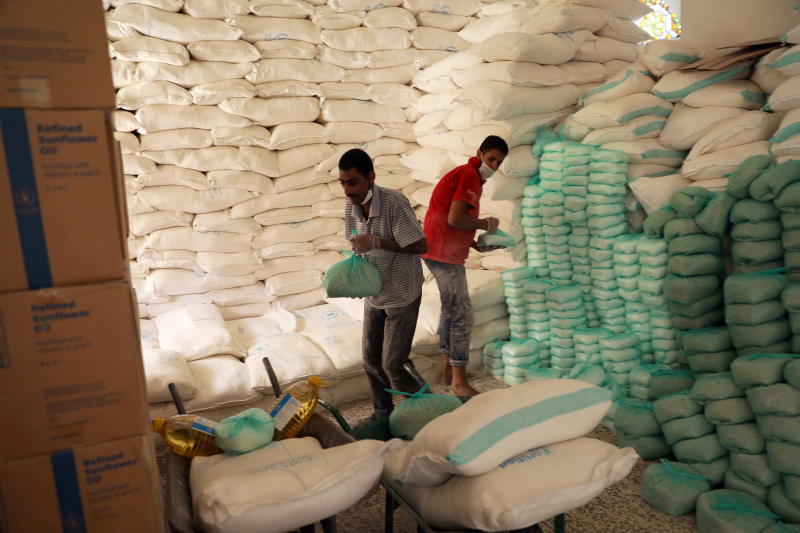×
The Standard e-Paper
Smart Minds Choose Us

As the country engages all gears towards the containment of the Covid-19 pandemic, one critical pillar of human survival needs to remain clear in our sight – food security.
This, for any nation, is a situation that brings immense pride to a people and which can be achieved through hard work.